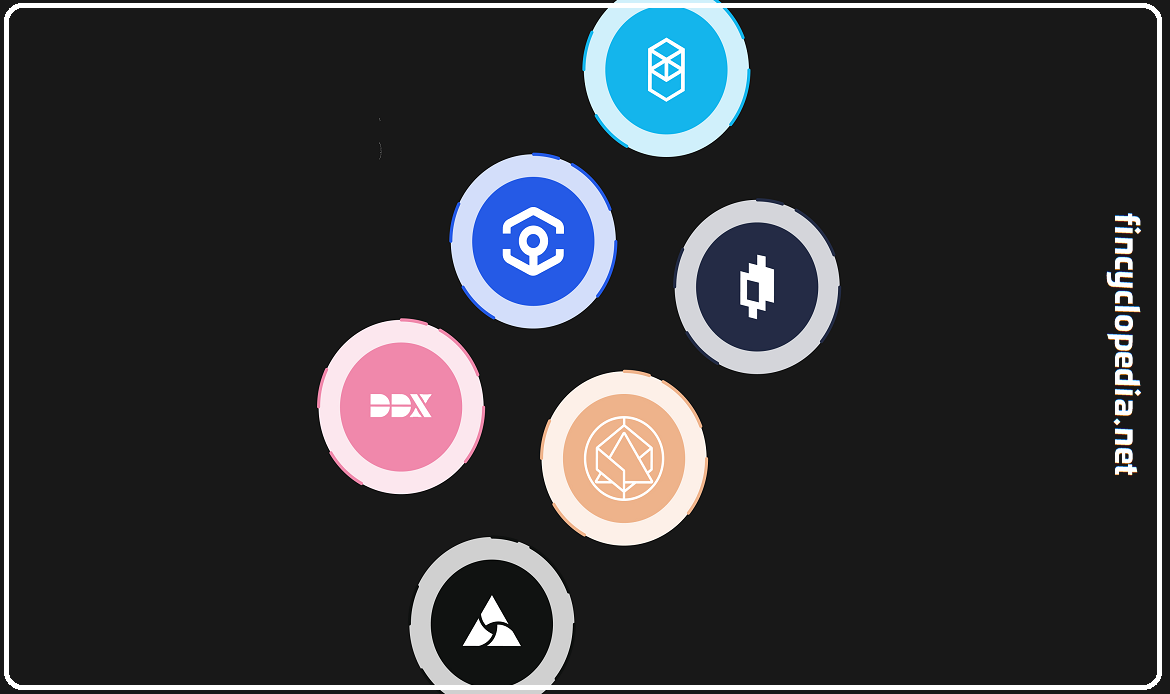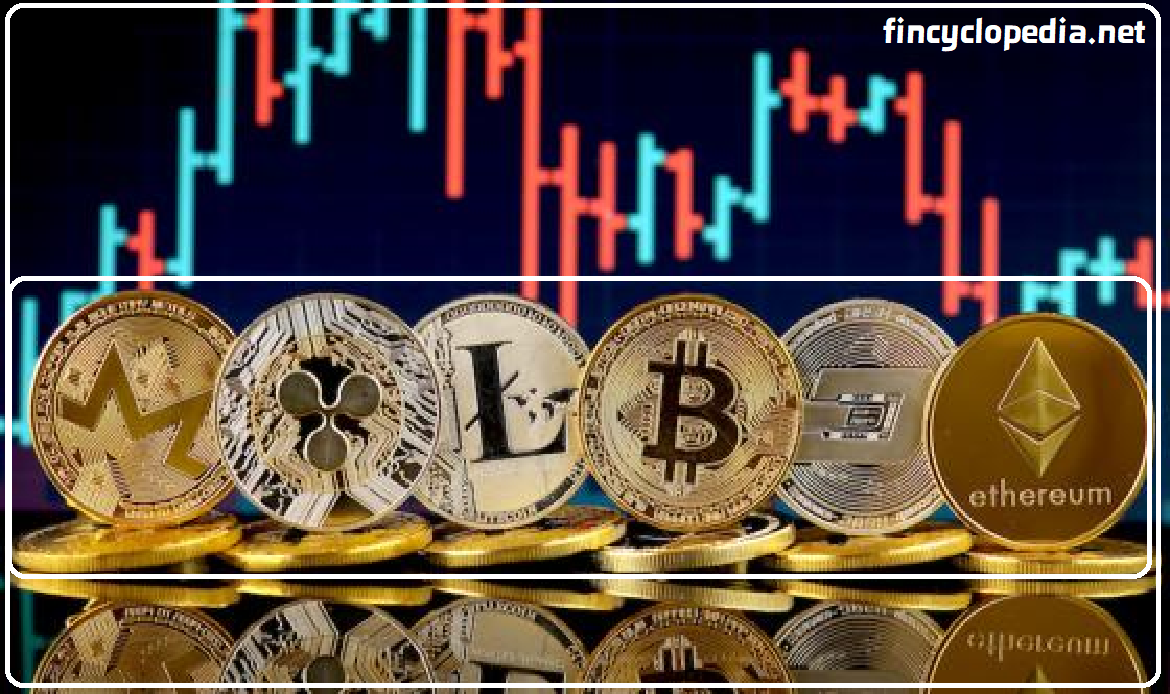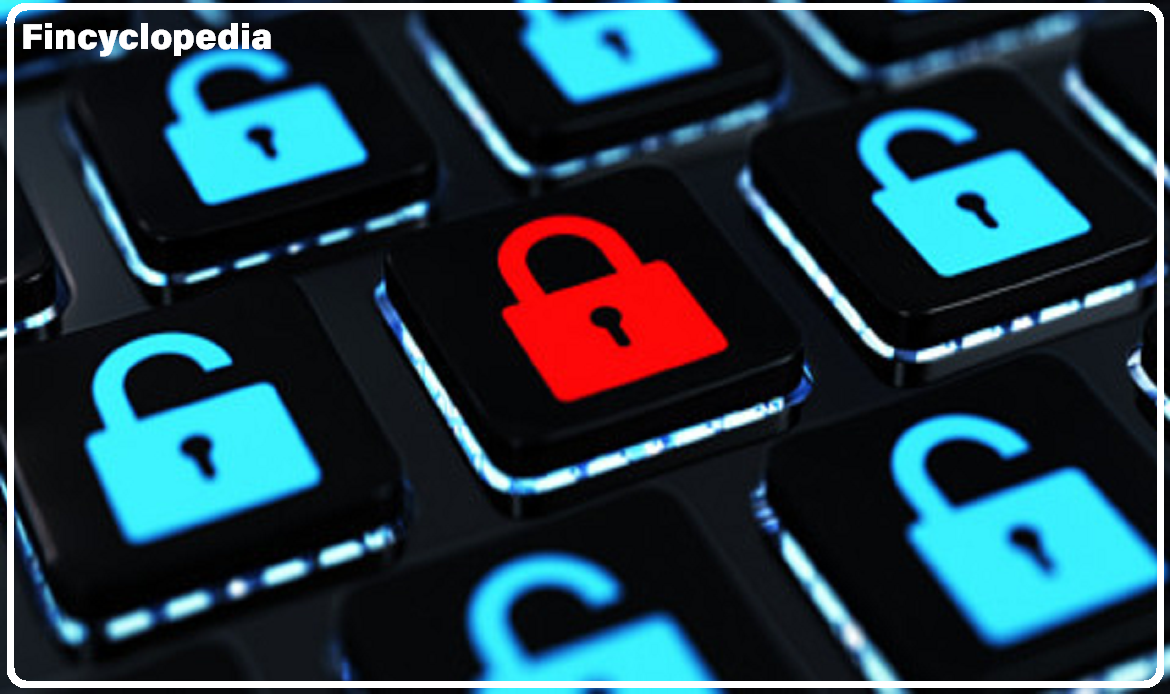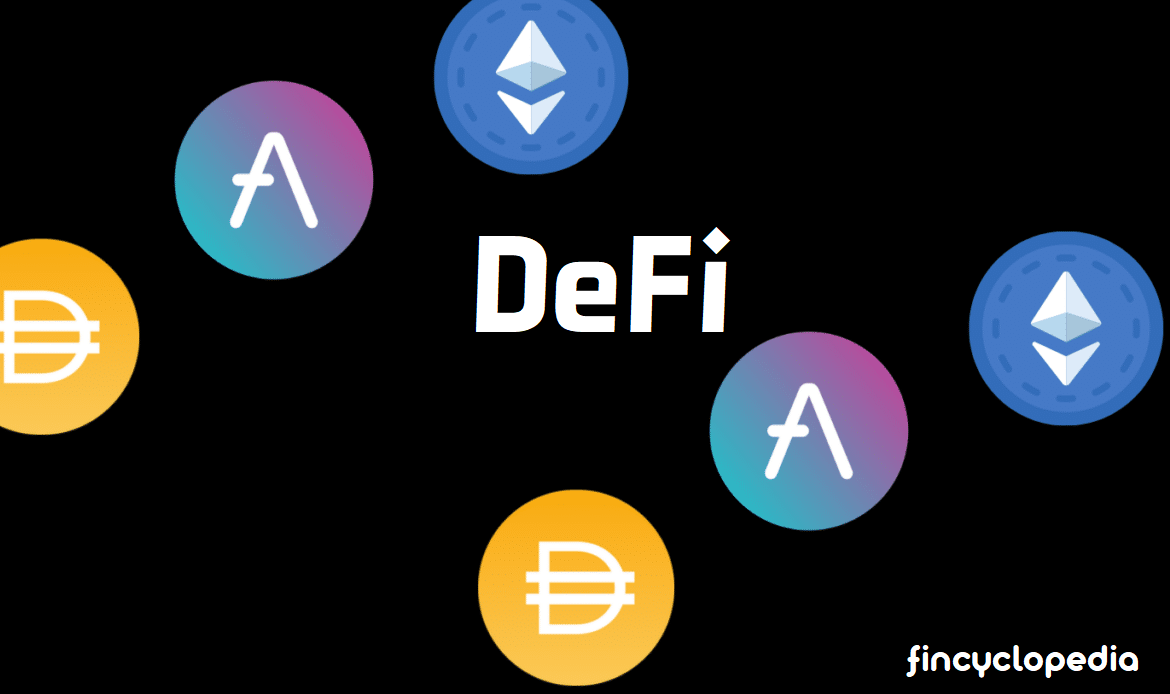
Concept
It stands for decentralized autonomous organization token; a type of virtual asset– specifically, a crypto asset– that gives its holder certain rights within an organization’s decision-making structure. DAO tokens are used as incentives to users to participate in decision-making processes undertaken for developing and maintaining decentralized applications (dApps) or other projects on a blockchain or similar network. These tokens are issued by DAOs as a means of funding supply for the organization and a source of voting rights for token holders.
Uses and benefits
This token also allow users to avail certain features or services offered on dApps and receive rewards against participation in network-related activities such as staking or mining. Holders of such tokens can play an active role in forming the decisions made by dApp developers or project teams or can fully engage in directing the activities and course of the DAO as part of a decentralized society of stakeholders. For decision making, though each token must have a vote, but in reality each wallet on the network has a vote. By owning these tokens, users can influence the organization’s activities and direction. The organization is said to be controlled by the community.
To be able to sell these tokens on respective platforms, users must accumulate a fixed minimum number of DAO tokens. As a native utility token, a DAO token is used to fund allocations automatically amongst users- allocation is extended to a winning user in the form of a participation slot. DAO tokens can also be staked to earn a yield via a DAO vault. Given the embedded voting mechanism, DAO tokens functions as a governance token, allowing holders to cast their votes for governance of the DAO ecosystem. In addition to the above, the token gives users access to certain exclusive features on the network such as discounts and rewards associated with certain transactions or events.






